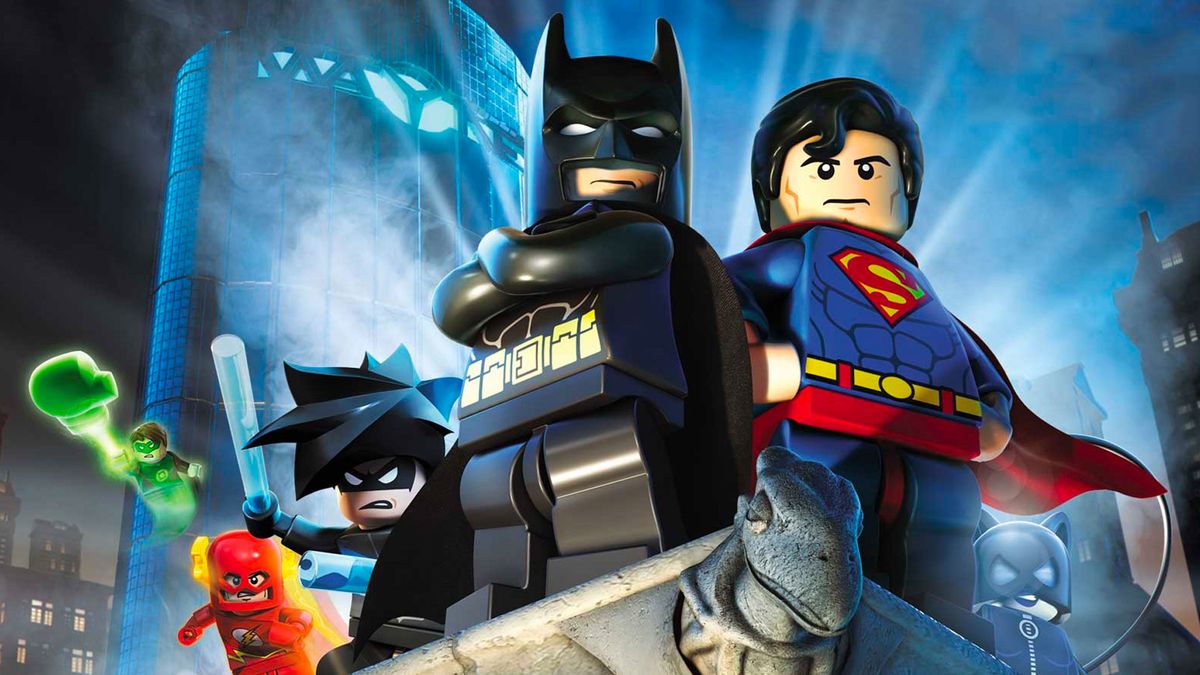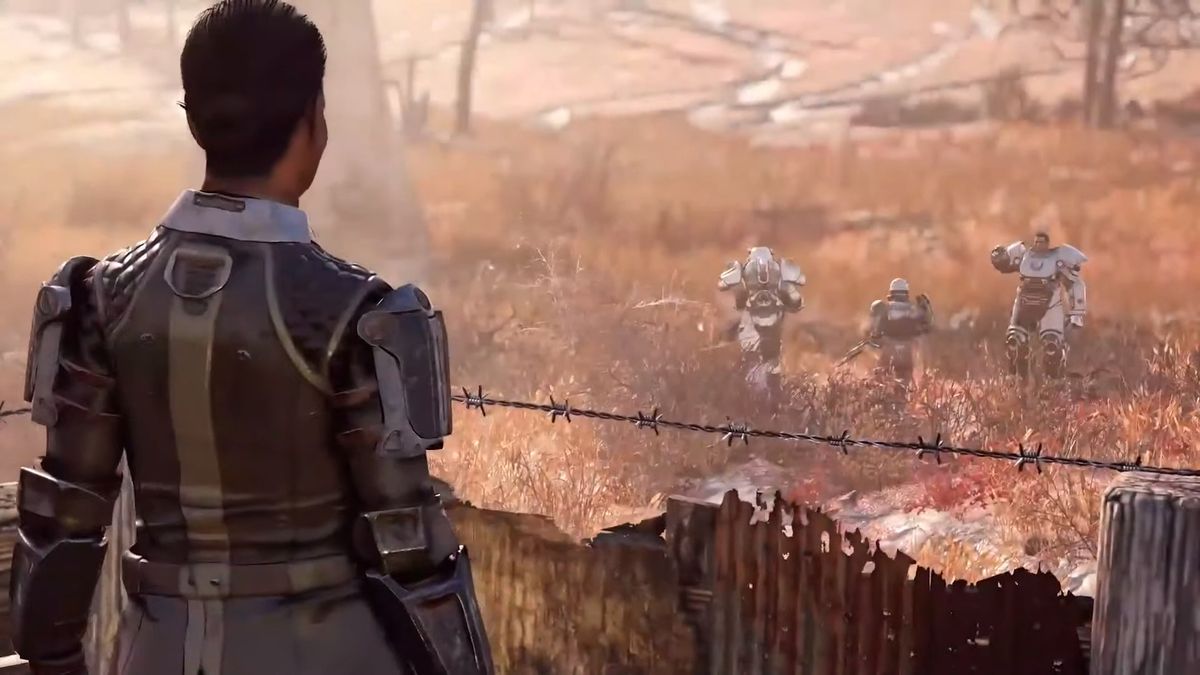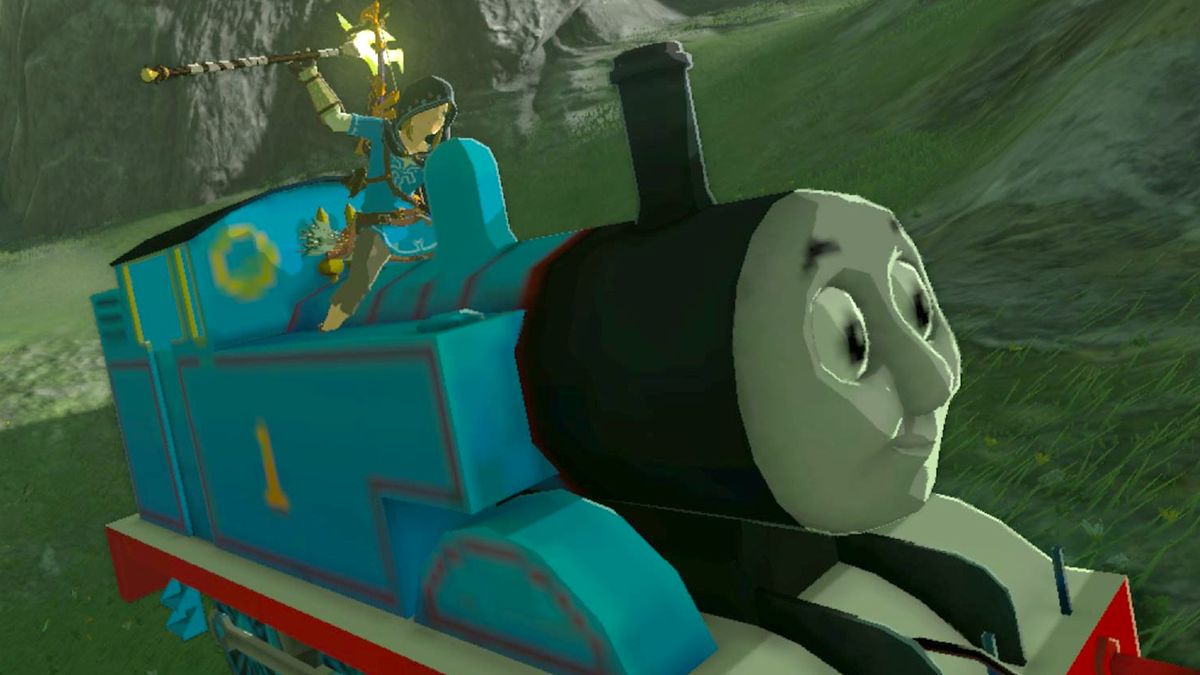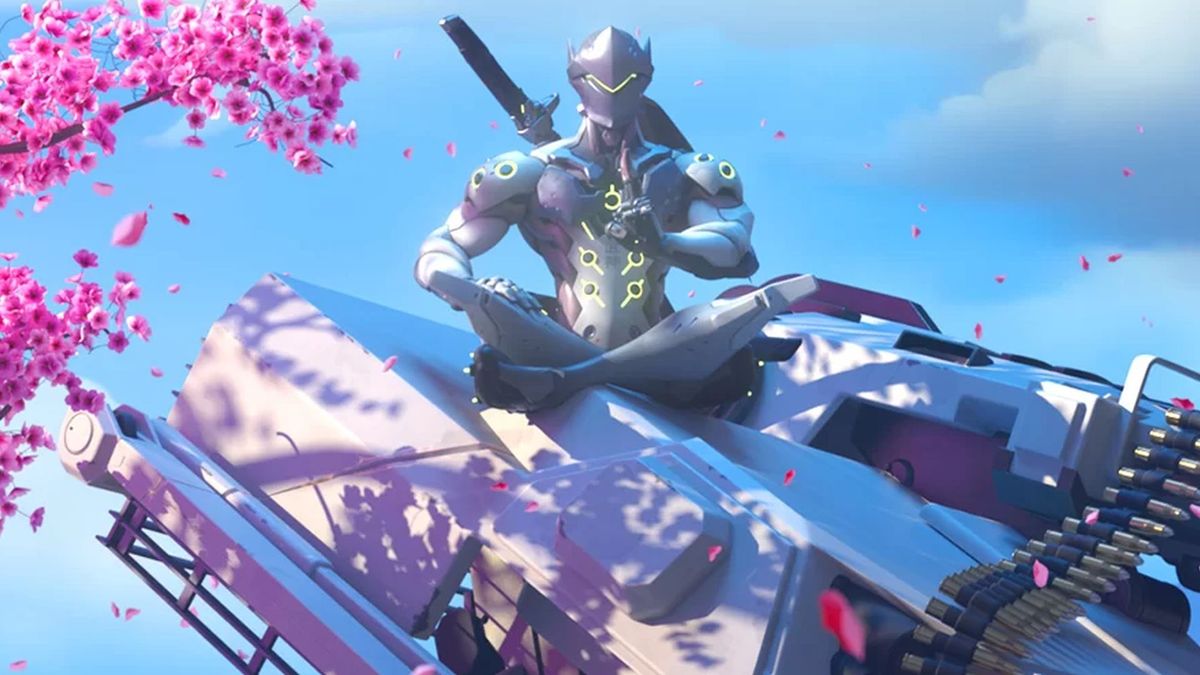At first it’s hard to wrap your head around playing a licensed game and not getting to control any of its iconic characters, but X-Men Destiny tries to take its version of superhero roleplay to the next level by letting Jack Kirby and Stan Lee’s world be the framework for a brand new set of stories the player helps shape.

It’s interesting to note that the first decision you make about your character isn’t what costume they wear or what abilities they have, but what sort of emotional baggage they bring to the metahuman debate. In many ways X-Men Destiny takes a nod from classic X-Men comics, keeping the story analogous to real-world issues of racial bigotry. So, when you choose which of the three starting characters you’re going to play, it’s their personal histories that affect the overall game most and pull the player deep into the ethics of the X-Men world better than any game before it.
With Silicon Knights pedigree in creating roleplaying experiences it’s not surprising to find them taking such a story-heavy approach to their first Marvel game, but they haven’t let creating a licensed action title mitigate their passion for character building either. At key story moments players will have the opportunity to grow their hero, selecting new powers and abilities. With a wide range of moves slowly rolled out during the narrative climaxes it makes each gain feel more impactful than the usual level up reward.

There’s also a myriad of passive modifiers called X-Genes modeled after well-known mutants, which players can collect through exploration or completing challenge rooms reminiscent of Too Human. These X-Genes let players tweak their hero to be more like their comic book favourites, whether that’s a rapid healing rate like Wolverine or extra punching power like Colossus. Collecting all of a given character’s X-Genes and their hidden costume gives players a chance to emulate their icons without sacrificing the uniqueness of their new mutant.
Of course all of this would mean nothing if the super-powered combat wasn’t any fun and the mechanics of fighting seem more than solid. Revolving around simple attack combos, a well-timed dodge and parry system, and some really diverse manoeuvres there’s a strong emphasis on action in this action-RPG.
Unfortunately it seems like, at least for a large chunk of the early game, that expert combat system will be pitted against waves of uninteresting henchmen. I was assured that my early experiences fighting upwards of 75 basic bad guys ends and many more challenging enemies do appear, but when I did encounter more challenging enemies they were only peppered in amongst large homogenous groups of grunts.

The diversity I craved was found in the boss fights though. With more complex combat AI and a wider set of moves, they were a more than welcome break from the monotony of flunky-bashing. Without a doubt these battles are the game’s action highlights, but it’s unclear whether they’ll be frequent enough to keep the game well-paced.
Fighting recognizable X-Men characters like Gambit and Toad provided a familiar element that helped ground the experience in the Marvel Universe. It was incredibly satisfying to dodge kinetic cards from the Ragin’ Cajun, while trying to use my newly mastered mutant powers to deal a few hits of my own. What could have been a typical damage sponge duel turned into something much more elegant as the game required me to react and adapt to Gambit’s wide range of attacks.

Meanwhile, in far less confrontational scenarios, I got the opportunity to fight alongside other characters like Ice Man and Pyro. The frequency of the appearances and their comfort with the lack of lengthy introductions at every turn made me feel like I was an embedded part of the already established universe. There was something almost social about having my superhero icons swing by and help me out. Of course they’re all computer-controlled NPCs, but the natural way Nightcrawler teleports around the battlefield, setting enemies up for a solid finishing move, almost felt like a real co-op partner, helping further the illusion that I’ve always been part of the team.
There’s definitely room for improvement, but X-Men: Destiny is without a doubt the most original concept for an X-Men game, and it’s shaping up to be an intriguing exploration of the mythos’ core concepts. It may take some serious precognition powers to know just how well this one will turn out, but fans of the X-Men universe can at least look forward to taking part in the world of mutants with their own gifted youngster later this holiday.
Aug 26, 2011
 Game News Video Games Reviews & News
Game News Video Games Reviews & News



